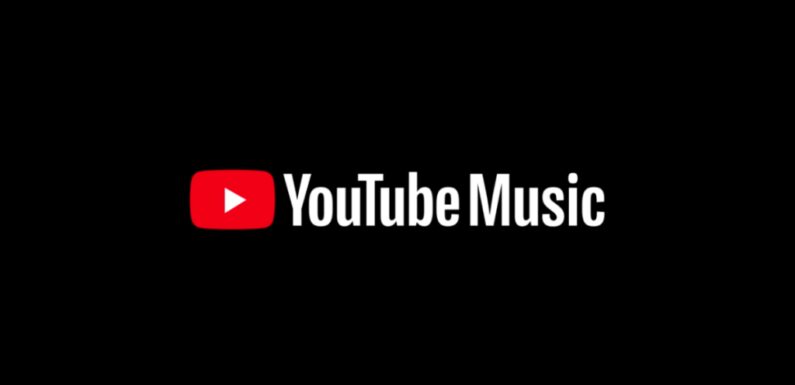
YouTube has published a set of AI music principles and launched a new AI initiative with co-signs from artists, songwriters, and producers from Universal Music Group. Dubbed the AI Music Incubator, artists such as Anitta, Björn Ulvaeus, Juanes, Max Richter, Rosanne Cash, Ryan Tedder, Yo Gotti, and the Estate of Frank Sinatra, have been tapped to give their input.
“Central to our collective vision is taking steps to build a safe, responsible and profitable ecosystem of music and video — one where artists and songwriters have the ability to maintain their creative integrity, their power to choose, and to be compensated fairly,” wrote Universal Music Group Chairman and CEO, Sir Lucian Grainge, in a blog post.
Grainge added that the selected group of artists from UMG will “explore, experiment and offer feedback on the AI-related musical tools and products [YouTube is] researching. Once these tools are launched, the hope is that more artists who want to participate will benefit from and enjoy this creative suite.”
Grainge has been one of the many music executives to have cautioned the industry over the influx of AI-generated music, warning about risks of market oversaturation and potential infringements on creators’ rights.
Abba’s Ulvaeus said that although some may find his decision to join my decision to join the group “controversial, I’ve joined this group with an open mind and purely out of curiosity about how an AI model works and what it could be capable of in a creative process,” he offered in a statement. “I believe that the more I understand, the better equipped I’ll be to advocate for and to help protect the rights of my fellow human creators.”
Elsewhere, Juanes said he looks forward to working with both companies to “assure that AI develops responsibly as a tool to empower artists and that it is used respectfully and ethically in ways that amplify human musical expression for generations to come.”
YouTube CEO, Neal Mohan, shared the platform’s AI music principles in a blog post that further outlined the company’s goals to “develop an AI framework to help us work toward our common goals,” with three fundamental AI principles that will “serve to enhance music’s unique creative expression while also protecting music artists and the integrity of their work.” Read the list below.
“Principle #1: AI is here, and we will embrace it responsibly together with our music partners. As generative AI unlocks ambitious new forms of creativity, YouTube and our partners across the music industry agree to build on our long collaborative history and responsibly embrace this rapidly advancing field. Our goal is to partner with the music industry to empower creativity in a way that enhances our joint pursuit of responsible innovation.
Principle #2: AI is ushering in a new age of creative expression, but it must include appropriate protections and unlock opportunities for music partners who decide to participate. We’re continuing our strong track record of protecting the creative work of artists on YouTube. We’ve made massive investments over the years in the systems that help balance the interests of copyright holders with those of the creative community on YouTube.
Principle #3: We’ve built an industry-leading trust and safety organization and content policies. We will scale those to meet the challenges of AI. We spent years investing in the policies and trust and safety teams that help protect the YouTube community, and we’re also applying these safeguards to AI-generated content. Generative AI systems may amplify current challenges like trademark and copyright abuse, misinformation, spam, and more. But AI can also be used to identify this sort of content, and we’ll continue to invest in the AI-powered technology that helps us protect our community of viewers, creators, artists and songwriters–from Content ID to policies and detection and enforcement systems that keep our platform safe behind the scenes. And we commit to scaling this work even further.”
Read More About:
Source: Read Full Article